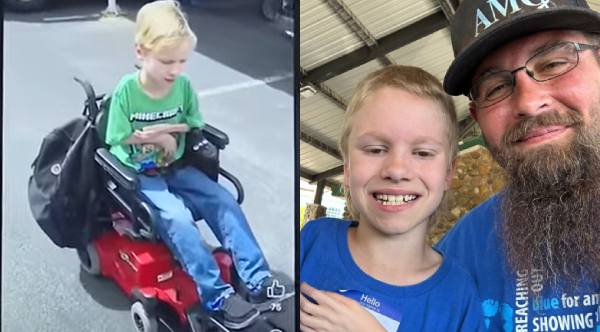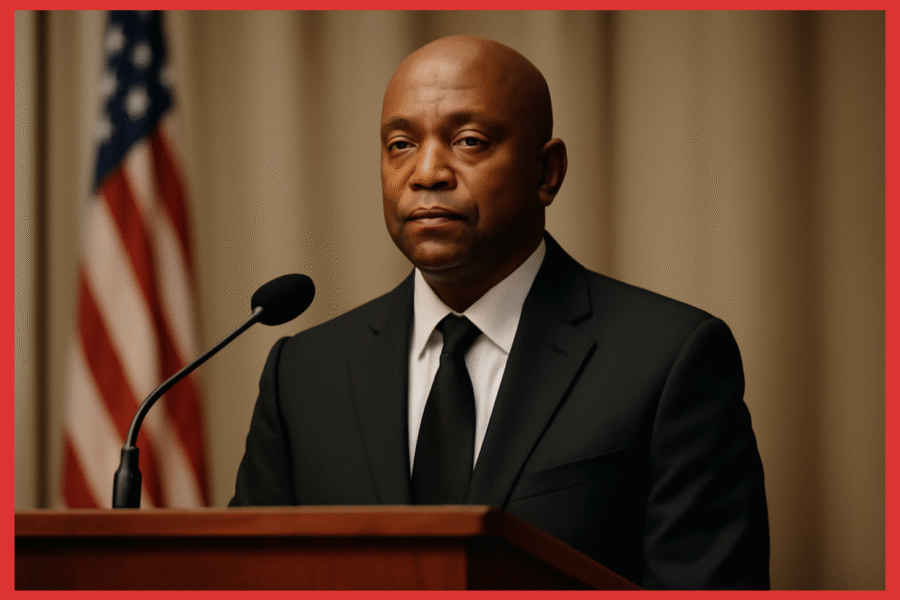J.K. Rowling Talks Faith, Choices and Quiet Community Conversations
- J.K. Rowling shared personal thoughts on faith and conscience.
- She used the phrase “God-shaped vacuum” to describe a spiritual sense she feels.
- She also spoke out against euthanasia and marijuana use, prompting community discussion.
- These moments often lead to small acts of kindness and listening in everyday life.
- People find solace in shared stories and practical support, not grand solutions.
Author J.K. Rowling, known to many as the creator of the Harry Potter books, has spoken publicly about her religious beliefs and what she called a “God-shaped vacuum” in her heart she could take to the grave. Her remarks were personal, offered without a campaign or cause, and landed in living rooms, book clubs, and online feeds where readers talk about more than plot lines. The moment became less about headlines and more about individual reflection.
Rowling also expressed opposition to euthanasia and to marijuana use, statements that touch on sensitive life choices for people and families. Conversations that follow these remarks tend to be messy and human, full of memories of loved ones, questions about pain and comfort, and different moral frameworks. What often matters most in those conversations is the listening that happens afterward.
Across towns and virtual communities, readers and neighbors turn such public reflections into private support: someone drops off a meal, a group offers a ride to a clinic, a friend sits through a late-night call. These are small wins, the kinds that rarely make news but change days and ease burdens. They are acts of resilience and ordinary kindness that ripple outward.
When topics like end-of-life care or substance use come up, communities often respond by sharing practical resources and lived experience rather than issuing judgments. Recovery circles, hospice volunteers, and neighborhood networks quietly help people navigate difficult choices and celebrate steady progress. That steady progress—the missed day avoided, the call returned, the warm meal—adds up.
For many, hearing a public figure name inner struggle or outline a stance creates a moment to reassess or to reach out, not to debate. Friends reconnect, local groups host listening sessions, and people tell the stories that built them. Those small acts of attention and care are the hopeful outcomes that last.




Leave a Comment